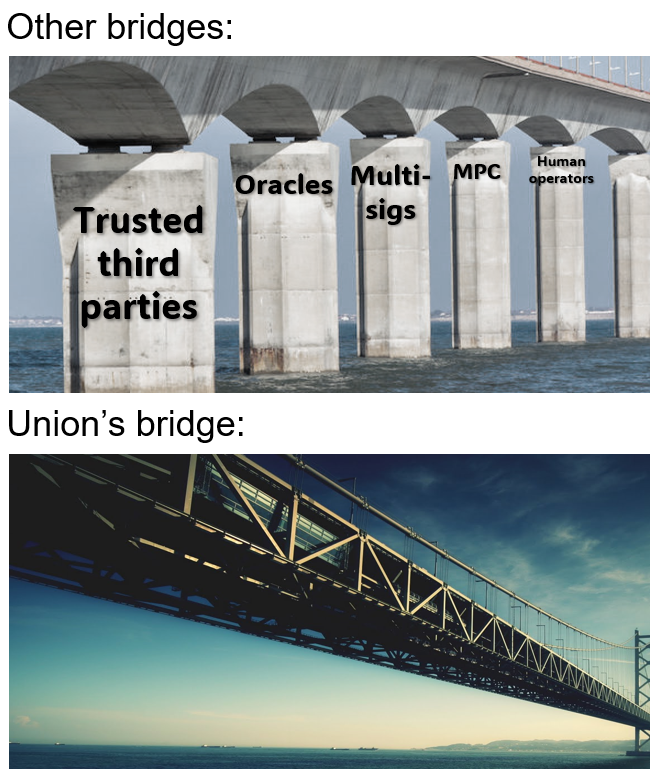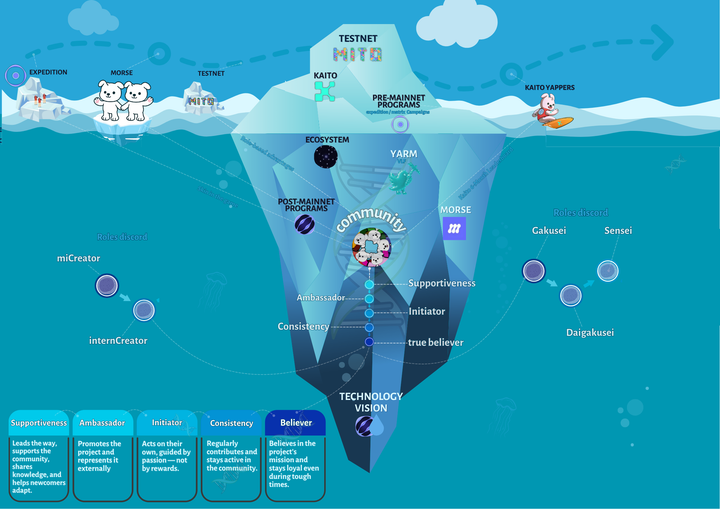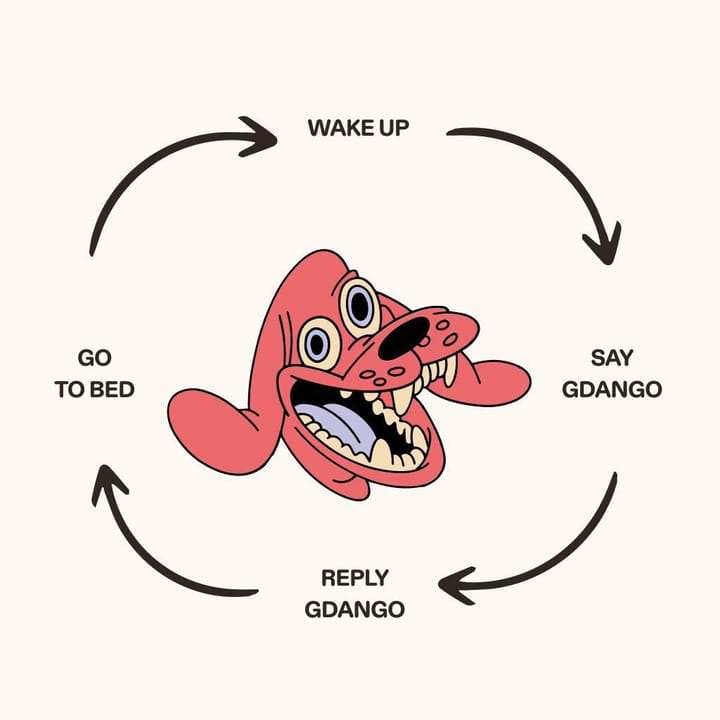Union Build: Decentralized Identity and Reputation in a Modular Onchain World

Introduction
As blockchain adoption grows, the need for verifiable identity and trustless reputation systems becomes increasingly critical. In this evolving landscape, Union Build emerges as a key player, offering infrastructure for decentralized identity (DID) and reputation management onchain.
Union doesn’t just help users prove who they are it enables them to build a trust profile across ecosystems, based on real contributions and behavior. In the context of Mitosis, where modular architecture and cross-chain communication are foundational, Union’s identity layer complements the composability and chain abstraction that Mitosis enables.
What Is Union Build?
Union Build is an onchain identity and reputation protocol designed to power Sybil resistant applications by offering composable, portable identity primitives. At its core, Union enables users to build verifiable profiles based on wallet activity, social trust, and protocol interactions creating a reputation layer that can be used across ecosystems.
Unlike centralized identity systems or siloed Web3 credentialing, Union’s approach is modular and permissionless, allowing any protocol or dApp to tap into its reputation data via smart contracts. This design aligns with the modular blockchain thesis and makes Union a natural ally to platforms like Mitosis, which prioritize interoperability and protocol composability.
Union Build and Mitosis: A Symbiotic Relationship
The Mitosis Protocol is engineered to be a hyperstructure an endlessly running, permissionless system for cross-rollup liquidity and modular application deployment. By abstracting away the complexities of bridging and rollup logic, Mitosis allows developers to build applications that communicate across chains seamlessly.
Now, imagine enhancing this with Union Build’s reputation framework:
1. Identity Across Rollups
As developers use micro-rollups to deploy modular applications on Mitosis, they often require a user identity system that works regardless of the underlying chain. Union provides this by offering onchain credentials that can be verified trustlessly across any Mitosis-connected rollup.
2. Reputation Weighted Governance
Union’s scoring models can be integrated into Mitosis-based governance systems to weight voting power not just by token amount, but also by reputation scores encouraging more responsible participation and reducing the influence of whales or Sybil attackers.
3. Trusted Bridging and Access Control
Union’s credentials can act as gates or filters for actions that require reputation, such as acting as a liquidity router or managing abstracted zk-bridge operations on Mitosis. This enables a deeper trust layer without sacrificing decentralization.
Use Cases for Developers and DAOs
Integrating Union Build within the Mitosis ecosystem unlocks several powerful use cases
Sybil-Resistant Airdrops
DAOs built on Mitosis can distribute tokens more fairly by using Union’s identity primitives to filter out inauthentic accounts ensuring airdrops go to real, engaged users.
Reputation-Based Voting
Union can be used to design quadratic or merit-based voting systems in Mitosis rollup DAOs, weighting votes by both stake and verified contributions.
Access Control for Modular dApps
With Union credentials, dApp developers on Mitosis can assign permissions or enable premium features for users with verified reputations, all without relying on centralized identity services.
The Technical Advantage: Composability Meets Identity
Mitosis is built around the idea of composability across modular chains, where different services (rollups, bridges, liquidity layers) can interact seamlessly. Union mirrors this architecture with composable identity modules, such as:
- Reputation Scores: Quantitative measures based on transaction history, social graph, and onchain behavior.
- Verifiable Claims: Credentials issued by DAOs, apps, or community curators that are cryptographically attested.
- Delegation Systems: Users can delegate authority based on trust relationships, enabling multi-sig governance models that include identity weighting.
The modular symmetry between Union and Mitosis allows developers to create robust, user-aware applications without sacrificing decentralization or composability.
Looking Ahead: The Future of Modular Identity in Web3
The integration of Union Build into the Mitosis ecosystem represents a new frontier where onchain identity becomes a protocol-native primitive, not an afterthought.
Future Trends to Watch
- ZK-verified credentials could be used with zk-bridges to enable anonymous yet reputation-rich interactions.
- Cross-chain credit scoring might emerge, allowing lending dApps on Mitosis to assess risk using Union data.
- Composable DAOs built on hyperstructures will increasingly rely on identity layers for sustainable governance.
Conclusion
Union Build’s commitment to trust, reputation, and decentralized identity fits naturally into the Mitosis vision of a scalable, modular, and user-centric multichain world. By enabling protocols to integrate verifiable, composable identity logic, Union helps ensure that the next generation of Web3 infrastructure is not just interoperable, but also trust aware.
As Mitosis continues to abstract complexity and build an open interoperability layer for Web3, protocols like Union Build will serve as the identity fabric that keeps these systems accountable, human-aligned, and resistant to manipulation.
Internal Links



Comments ()